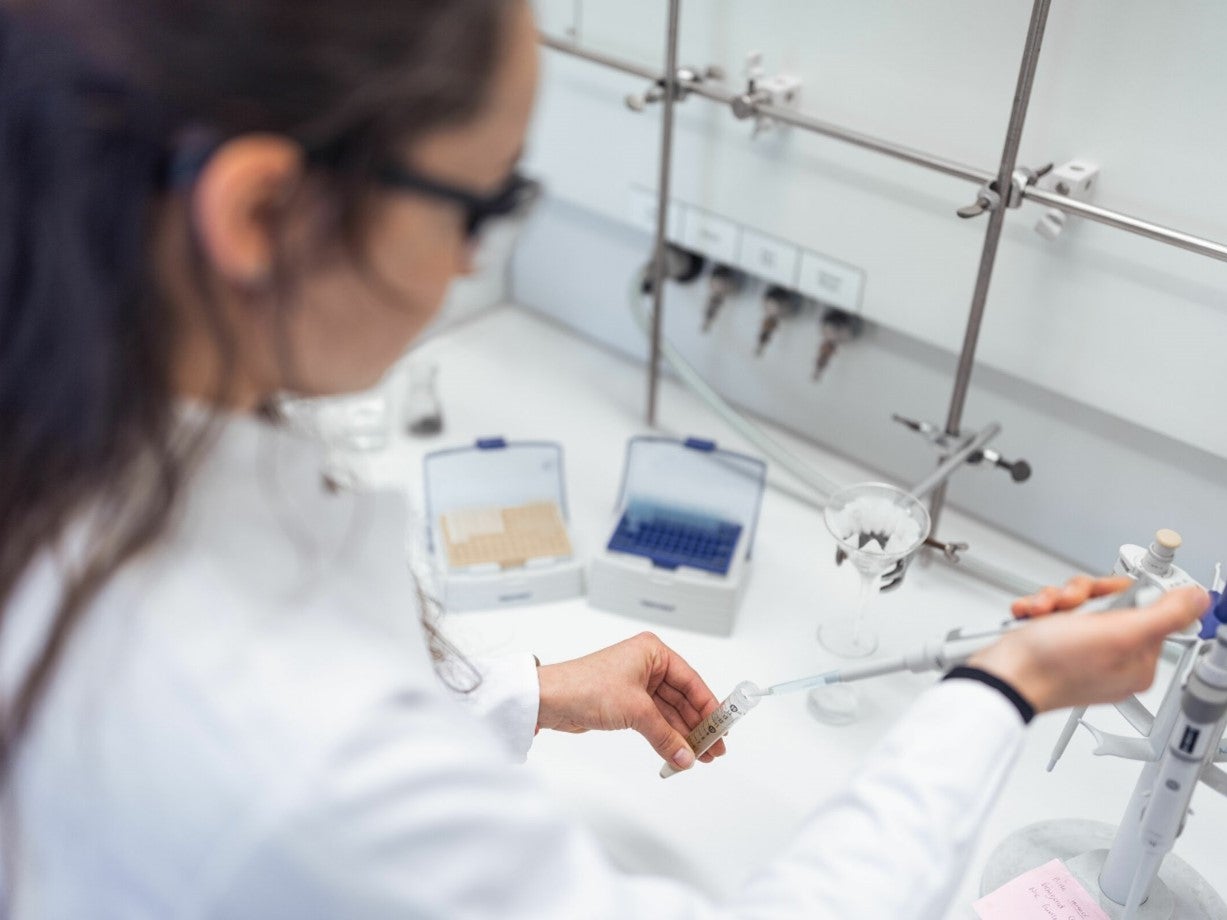
The Audi Environmental Foundation and the Freiberg University of Mining and Technology will conduct research into recycling techniques for reclaiming raw materials.
Indium, gallium, tin, and other elements are lost when electronic parts containing them are discarded as household waste.

Discover B2B Marketing That Performs
Combine business intelligence and editorial excellence to reach engaged professionals across 36 leading media platforms.
A selective extraction process is being developed to recover these raw materials from incinerated waste. Extracting them requires complex chemical-thermal processes since they are not found in pure form.
In Germany, household waste is typically incinerated, resulting in the loss of valuable raw materials.
But these materials remain in the slag or fly ash, which is then landfilled, permanently removing them.
The initiative aims to extract these metals from fly ash or slag, enabling their reuse in new products.
Betty Leibiger, a chemistry doctoral student, is developing a process based on the selective extraction method.
The project aims to create molecules that specifically bind the metal ions, forming a specialised ‘tweezer’ capable of separating the metal ions from a fly ash solution.
By using acids, the ‘tweezers’ release the ions, allowing for the separation of individual metal ions from the mixture.
Currently in the development stage, the project focuses on creating suitable ‘tweezer’ heads which will be tested and further optimised on a small scale.
The project is set to run for three years, with initial funding from Audi until next year.




